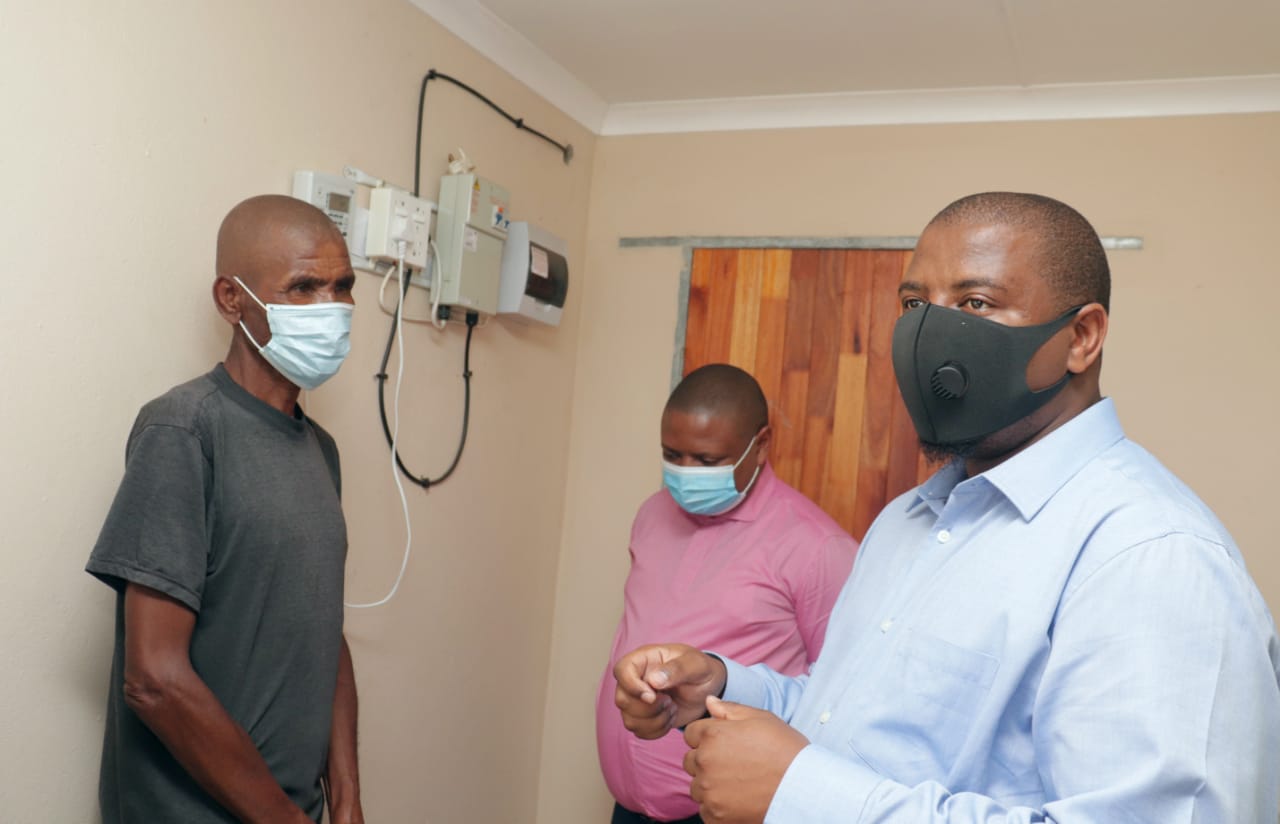The rural village of Mfekayi in the Mtubatuba local municipality now has electricity for the very first time since the dawn of democracy thanks to the injection of R11-million by the provincial Department of Cooperative Governance and Traditional Affairs (Cogta) which funded 270 household connections in the area.
This morning KZN MEC for Cogta Sipho Hlomuka visited the village where he officially switched on the electrification project. A local resident, Douglas Zulu, has hailed the electrification project for restoring his hope in government. “This project has helped us as a community. We can now access the modern-day conveniences of electricity. It has been truly life-changing for many of us,” said Zulu.
Speaking during the visit to the Zulu household, Hlomuka emphasised the Provincial Government’s commitment to achieving universal access to basic services, such as electricity. “Currently as a province, we have 2.5 million households with access to electricity. We are here today to witness the increase in this number as 270 more houses can access the grid. We are determined to eradicate the electricity backlog” said Hlomuka.
Hlomuka also urged the beneficiaries of the programme to protect the infrastructure the Provincial Government has built for their benefit. During the visit, Hlomuka was accompanied by the Mayor of Mtubatuba, Cllr VT Ncamphalala, who hailed the government’s support which has assisted communities within the municipality to access electricity and other services.
“The ongoing support we are receiving from the provincial and national government through the various grants is making a big difference in our efforts as Mtubatuba to bring services closer to our communities,” said Mayor Ncamphalala. KZN Cogta, under the leadership of MEC Hlomuka, continues to invest millions of rand in grants to assist municipalities to deal with the electrification backlog in the province.
Issued by the Department of Cooperative Governance and Traditional Affairs
Ends

